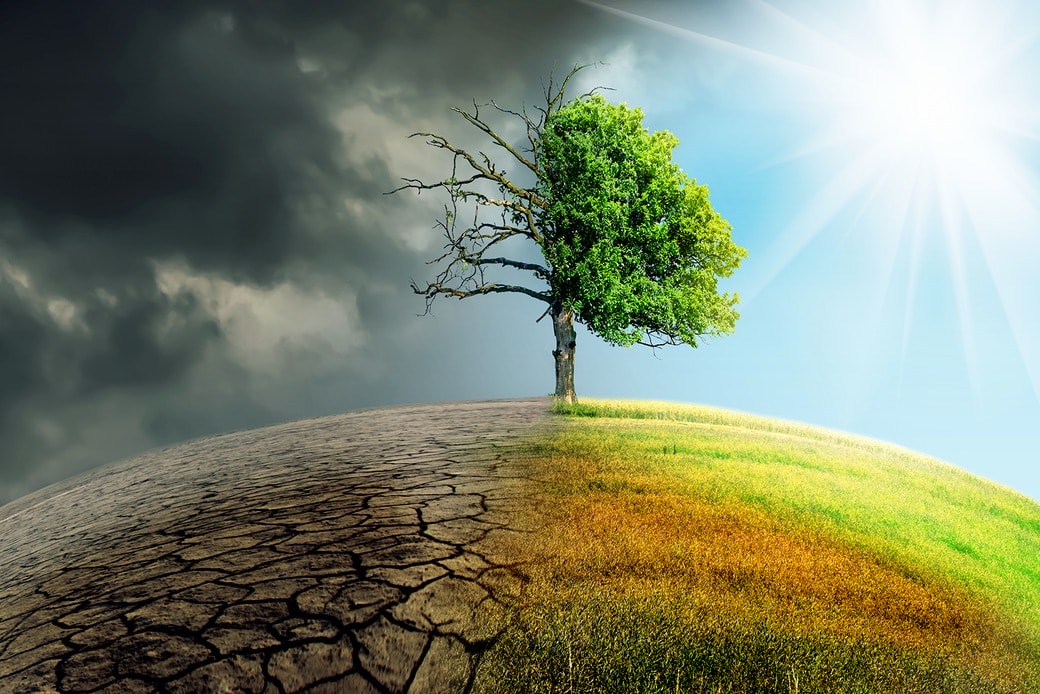The ethical inquiry continues into the individual responsibility for climate change, given the pervasive nature of human activities emitting greenhouse gases. The cumulative impact of emissions, coupled with the exacerbation of extreme weather events, prompts reflection. While skeptics dismiss such concerns as hyperbole, the challenge of quantifying an individual's contribution to climate harm remains.
The ethical inquiry continues into the individual responsibility for climate change, given the pervasive nature of human activities emitting greenhouse gases. The cumulative impact of emissions, coupled with the exacerbation of extreme weather events, prompts reflection. While skeptics dismiss such concerns as hyperbole, the challenge of quantifying an individual's contribution to climate harm remains. The link between aggregate carbon emissions and severe weather events underscores the need for collective efforts to mitigate harm.
Acknowledging potential challenges for some in shouldering the burden of mitigation does not absolve individuals from responsibility. Ethical frameworks, be they utilitarian or rights-based, necessitate consideration of the greater good and the duty not to harm others needlessly. Moral obligations to curb greenhouse gas emissions persist, challenging individuals to reflect on personal choices that may contribute to harm.
Instances of individuals embracing a moral duty to reduce personal emissions exist, exemplified by Grahame Buss, a retired British engineer. His drastic measures, from minimizing meat consumption to crushing fossil fuel-dependent cars, illustrate a commitment to mitigating climate impact. The extent of personal sacrifice in addressing climate concerns varies, raising questions about the limits of individual responsibility.
Philosophical perspectives, such as John Broome's emphasis on compensating victims, extend the discourse on emissions' ethical dimensions. The consideration of not having children as a climate action further exemplifies the profound choices individuals face. While extreme, such decisions highlight the rigorous standards demanded by fervent carbon abstinence.
Empirical attempts to define permissible emissions involve arbitrary assumptions about the planet's capacity to tolerate greenhouse gases. The urgency to limit global temperature increases introduces complex calculations, attributing permissible annual emissions per individual. Disparities in emissions among nations and the challenge of fairly distributing reduction costs further complicate the ethical landscape.
The concept of carbon budgets, though challenging to implement individually, underscores the need for an overarching regulatory system. Ethicists argue that government intervention is crucial, with individual actions serving as a complementary force. Balancing the affordability of eco-friendly choices against structural constraints acknowledges the complexity of personal climate responsibility.
Activism emerges as an alternative to individual abstinence, as seen in the efforts of Grahame Buss and others. Lobbying governments for systemic change becomes a primary duty, aligning with the view that individual actions alone cannot drive comprehensive climate solutions. The balancing act between personal commitment and societal change underscores the multifaceted nature of addressing climate change.
Noteworthy activists, like Ali Rowe of Extinction Rebellion, exemplify the personal sacrifices individuals make in the fight against climate change. Legal consequences, financial strain, and career risks demonstrate the lengths some are willing to go to uphold their commitment. The urgency felt by activists reflects a profound sense of responsibility to protect the well-being of present and future generations.
While some activists advocate for radical change, others emphasize pragmatic green living examples. Communities like Permatopia showcase sustainable living without absolute conformity, striking a balance between environmental responsibility and maintaining a reasonable quality of life. These examples aim to demonstrate the feasibility of living harmoniously with the planet.
In conclusion, the question of individual responsibility for climate change transcends personal actions to encompass systemic changes. Balancing ethical considerations, societal structures, and personal sacrifices remains a complex challenge. The intersection of activism, individual choices, and government interventions defines the intricate path toward mitigating the global climate crisis.

